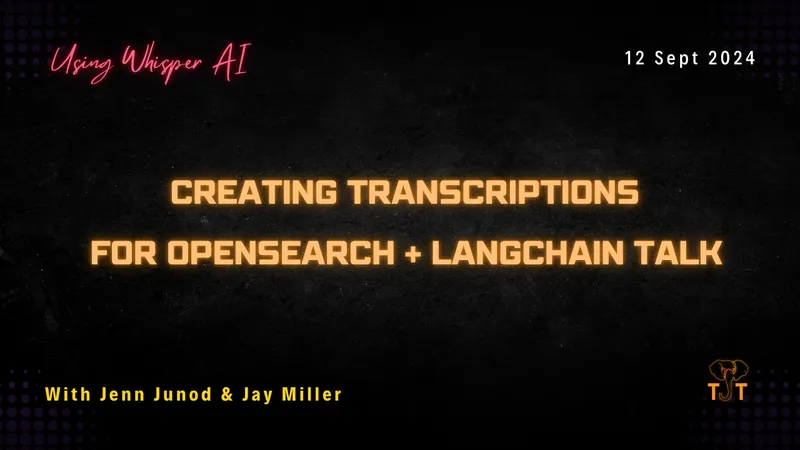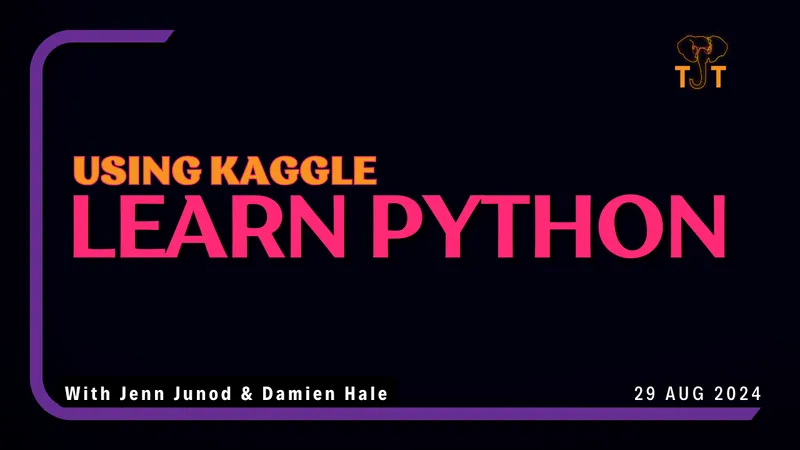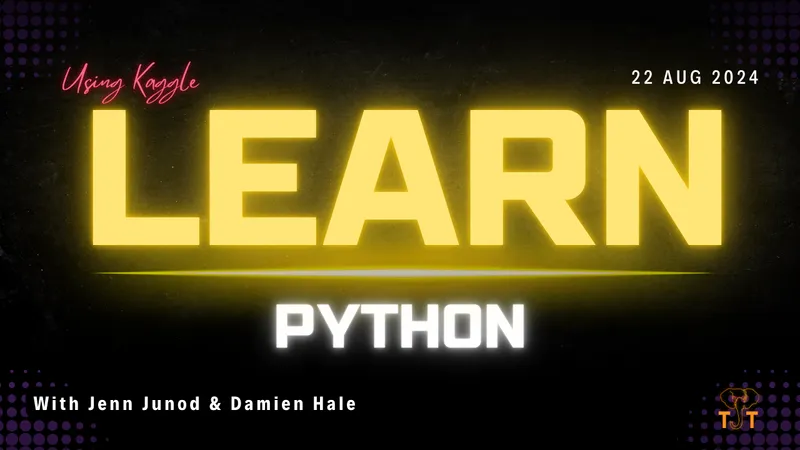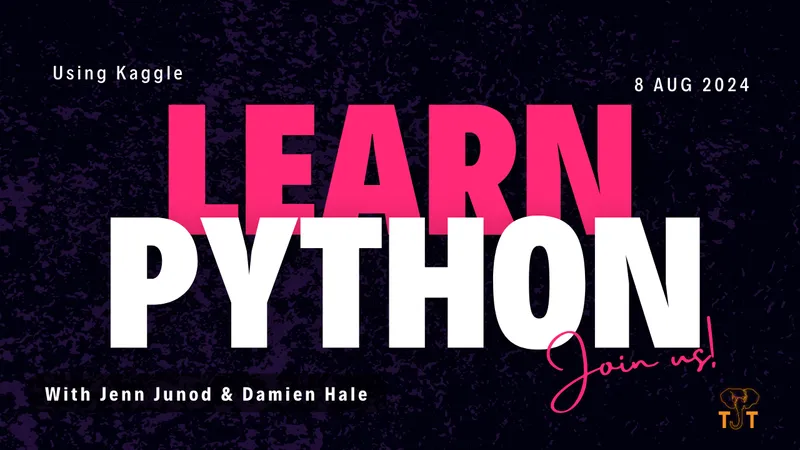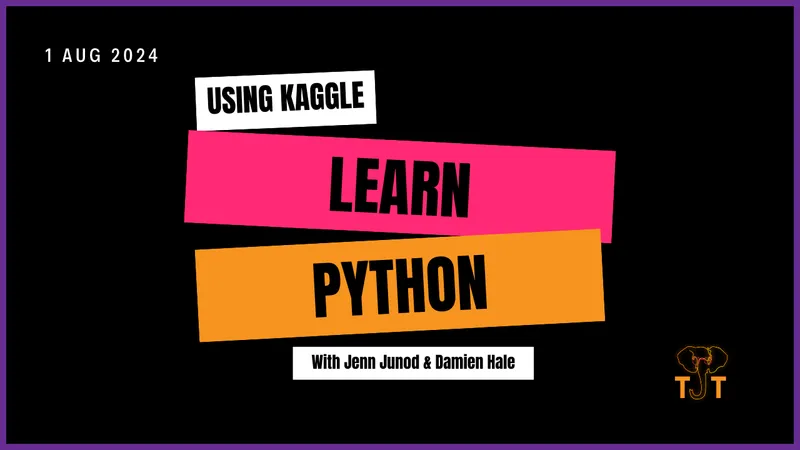Learning Python: Booleans and Conditionals Pt 2
Published on August 22 2024 by Jenn Junod
Written by Jenn Junod
In this recent stream, Jenn Junod and her co-host Damien explored various coding challenges, focusing on Python while battling through a particularly challenging course. The session highlighted the importance of balancing code readability with succinctness. They discussed the pitfalls of overly concise code, especially for beginners, and emphasized that while short code may look elegant, it can be difficult to understand and maintain. Throughout the stream, Jenn struggled with the course material but persisted, occasionally copying and pasting solutions to learn from them.
One of the key takeaways from the stream was the concept of “truthiness” and how Python handles Booleans and integers. The hosts demonstrated how to convert Booleans to integers and use them in a simplified Blackjack game scenario, leading to a discussion about the appropriateness of certain coding practices in beginner courses. They also touched on the importance of using clear and descriptive variable names to make code more understandable.
The stream ended with plans to explore more advanced topics like classes and inheritance in future sessions. Jenn and her co-host also discussed adjusting their streaming schedule to accommodate life and work, with the new time set for 1 p.m. Pacific Standard Time starting next week.
Questions from the stream:
1. What happens if you call int on a Boolean?
- Calling
inton a Boolean returns1if the Boolean isTrueand0if the Boolean isFalse.
2. How do you write succinct code without sacrificing readability?
- While it is possible to write very short, one-liner code, it is often better to prioritize readability by using descriptive variable names and structuring the code in a way that is easy to understand.
3. What is the difference between if...else statements and using logical operators like and and or in Python?
if...elsestatements are used for branching logic, whereas logical operators likeandandorare used to evaluate multiple conditions in a single expression. Both can be used to achieve similar outcomes, but the choice depends on the context and readability of the code.
Enjoy learning with us?
We’re using Kaggle Learn - Python.
Follow us!
| Jenn | Damien | Jay |
|---|---|---|
| Twitch | ||
| YouTube | ||
| YouTube | ||
| Twitch |
